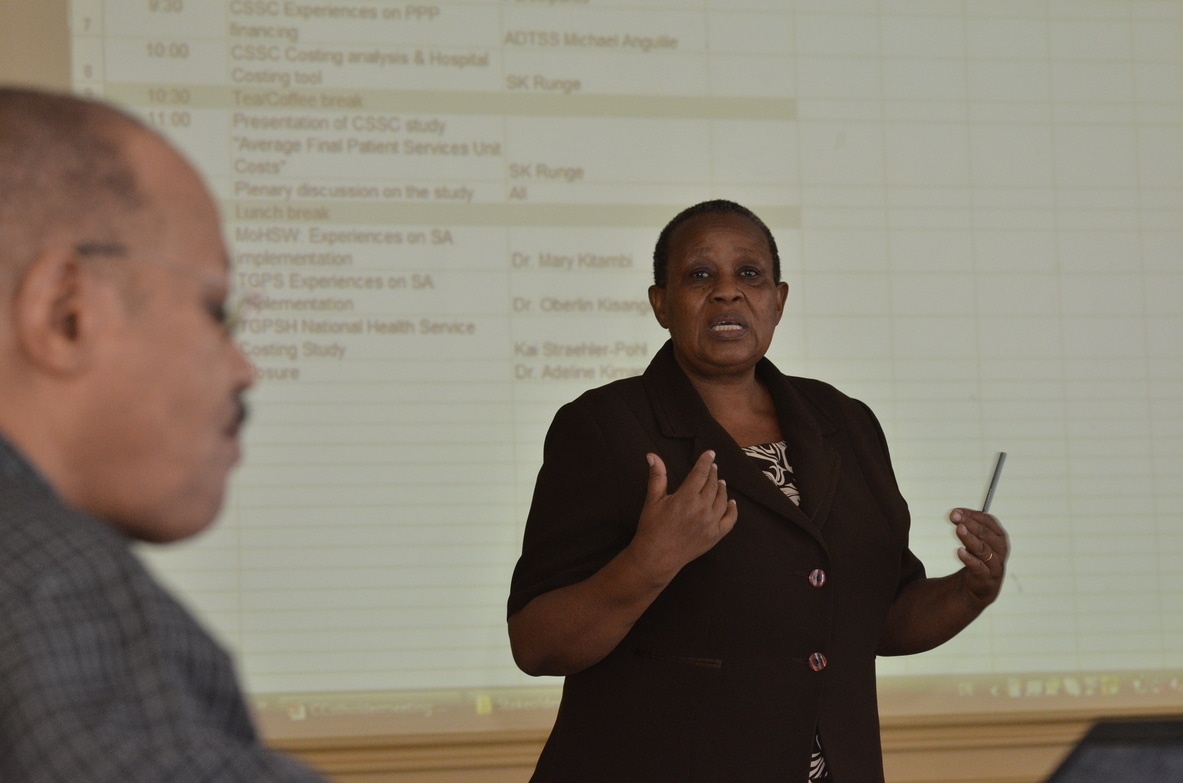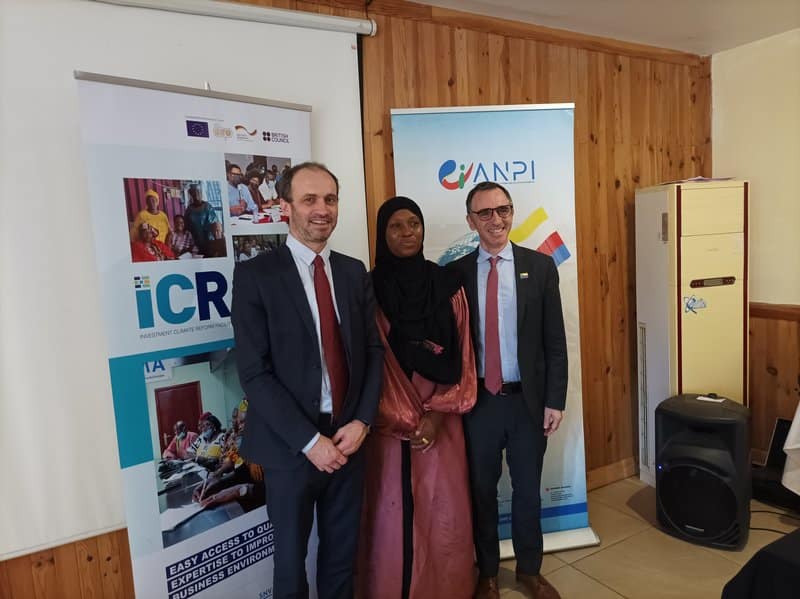The Union of the Comoros, an archipelago off the southeastern coast of Africa, has enormous potential to develop its economy. It is the world’s number one producer of ylang ylang essential oil, it harvests spices, vanilla and cloves. Furthermore, the beautiful island has incredible potential to further develop its tourism industry.
In February 2023, Comoros ratified the African Continental Free Trade Area and later that month, the country’s president, Azali Assoumani, took over as chair of the African Union, putting the country in prime position to move forward with its development.
However, while the country has been making efforts to improve its business environment to drive economic development, a bigger step forward is needed. The various stakeholders – including the public and private sectors, and civil society – agree that something must be done.
The ANPI (Agence Nationale de Promotion des Investissements des Comores), a public agency that supports businesses to attract investment, reached out to the ICR Facility for technical assistance to help create a better environment for businesses to thrive in Comoros.
In response, the ICR Facility worked alongside the Agency to develop a white paper on the current context for business and investment in Comoros, including a number of recommendations to improve it; and an aftercare guide to document the process by which ANPI continually communicates with investors and supports them to remain, grow and reinvest in the country.
Common plea
Interviews carried out for the ICR Facility confirmed that there was a need to realign all the different stakeholders in Comoros to make sure that there was clarity around the direction that they should follow. Therefore, it was important to involve all the stakeholders in the process of developing the white paper.
Nadjati Soidiki, director general of ANPI, says the white paper acts as a “common plea”.
Public-private trust
The first step was to review the many existing reports on business in Comoros that had been produced since 2007; the second was to conduct in-depth interviews with 45 people representing the public sector, private sector and civil society.
One of the main challenges identified was a lack of trust between the public and private sectors. Improving this relationship is the principal recommendation of the white paper, including the re-launch of a public-private dialogue platform – which already exists in theory but has never been used in practice.
The white paper also recommends helping people to become more familiar with business legal frameworks, by providing training as well as information on the latest reforms, and to continue the digitisation of administrative procedures.
One central recommendation is to promote Comoros to foreign investors. With local businesses generating only 11.6% of GDP, the white paper identifies foreign investment as indispensable going forward. It also suggests a specific strategy to target diaspora investors – Comoros’ economy relies in great part on remittances from its citizens who live abroad: fund transfers from the Comorian diaspora were almost US$232m in 2021, equivalent to 16.5% of the country’s GDP, according to the African Development Bank.
Other recommendations include supporting exports, in particular in the agricultural sector; and accelerating environmental initiatives – the ‘blue economy’ presents a large economic potential for the archipelago, but areas like waste management are also essential.
Small businesses, women and youth
Access to finance is a challenge for businesses, with small businesses in particular facing high interest rates and lack of availability of loans. The white paper recommends a guarantee fund to enable companies to get longer-term loans. The report suggests training programmes to help enterprises build an investment pitch to lenders.
The white paper also points to the untapped potential of women and young people. Women tend to experience all the barriers outlined in the white paper even more significantly, and rural women face bigger challenges because they haven’t received the same education as women who grew up in cities. Meanwhile, young people are facing high levels of unemployment, with more than a third of 15 to 35-year-olds in neither work nor education.
To boost entrepreneurship among women and young people, the white paper recommends creating a dedicated guarantee fund for them. It also suggests launching support programmes and focusing on training to plug a skills gap due to an education system that’s not well connected with real-life business needs.
Soidiki says that women and young people will be well represented going forward and there will be an effort made to ensure that they fully benefit from the recommendations.
Limitless potential
The white paper was officially launched in June 2023. It will feed into the public-private dialogue platform and will serve as a basis for discussing priorities in reforming the country’s business environment.
For Soidiki, Comoros’s potential to develop its economy has no limits – simply because there’s a huge margin for progress. “When we talk about promoting investment, anything that might appear like a gap is actually an opportunity.”
“A country that has no electricity is an opportunity for energy companies; a country that has no roads is an opportunity for infrastructure businesses, and so on.” Few markets around the world are as “virgin” as Comoros, which gives investors plenty of opportunities to do business in the country, she explains.
The country has set ambitious goals, around economic growth (aiming to double it to 7.5% a year by 2030), as well as nurturing industry development and boosting employment. “If the recommendations are followed, we will be able to hit those goals,” says Soidiki.
Time for action
Despite willingness to improve the situation, one of the problems faced in recent years to boost the successes of businesses in Comoros was a lack of clarity about who should take the lead in driving change.
The ANPI appears perfectly positioned to lead, being the key stakeholder which sits between the public sector and private sector.
In a foreword to the white paper, Soidiki writes: “Now is no longer the time for observations or recommendations, widely known and shared by all. Now is the time for action.”
Supporting young entrepreneurs and especially young women is a priority for the European Actors. Both the ICR Facility and the IYBA are initiatives to tackle some of the constraints they face on a daily basis.
Additional resources

Read more about our intervention: "Developing a White Paper on the Investment climate of Comoros"
The ICR Facility supported the production of this publication. It is co-funded by the European Union (EU), the Organisation of African, Caribbean and Pacific States (OACPS) under the 11th European Development Fund (EDF), the German Federal Ministry for Economic Cooperation and Development (BMZ) and the British Council. The ICR Facility is implemented by GIZ, the British Council, Expertise France, and SNV. The contents of the publication are the sole responsibility of the author and do not necessarily reflect the views of the EU, OACPS, BMZ or of the implementing partners.
